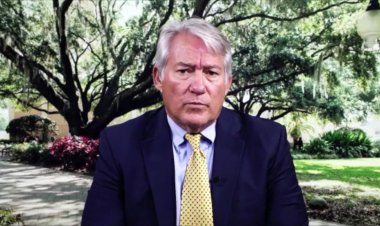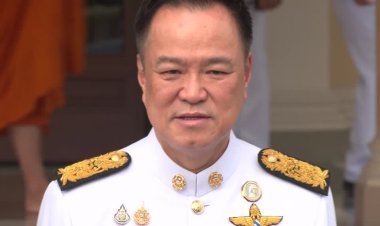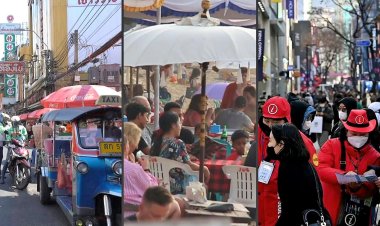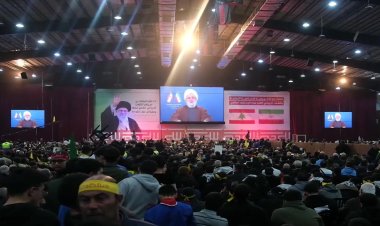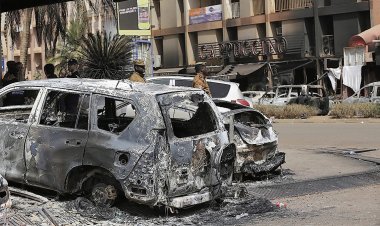Indonesia Walks Back Election Law Changes Amid Protests
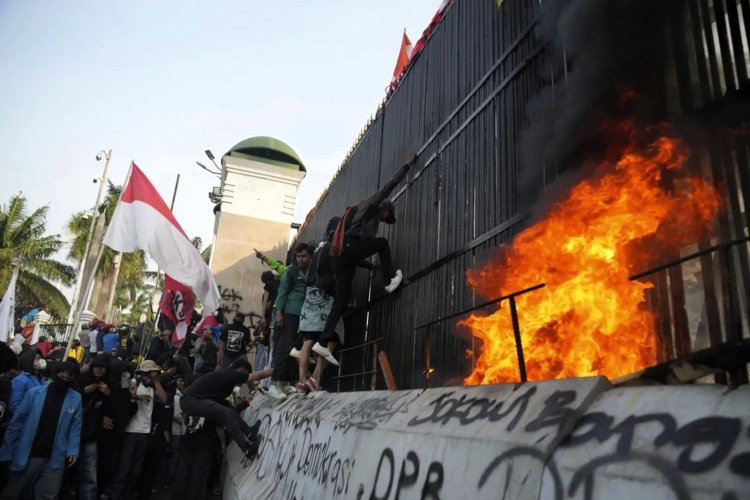
Indonesia's outgoing parliament has walked back plans to ratify changes to election rules, its deputy speaker said, as demonstrations flared outside parliament and security forces fired tear gas and water cannons to disperse protesters.
Thousands gathered outside parliaments in Jakarta, Makassar, and other large cities across the nation to protest the move, carrying signs accusing Jokowi of nepotism and destroying democracy, while others carried a mock guillotine bearing his face.
The surprise retraction came as security forces fired tear gas and water cannons as protesters breached and set ablaze part of the gates of parliament, television footage showed, while demonstrations broke out across the country against the planned changes to an elections law.
The parliament is now dominated by a big-tent coalition aligned to the outgoing president, popularly known as Jokowi, and president-elect Prabowo Subianto.
Jokowi is facing mounting criticism for the increasingly bold ways his government is consolidating power, and over the creation of his own political dynasty.
Parliamentary allies of Jokowi had sought to reverse a court ruling on the law, which if successful would block a vocal government critic of the president from running for the important post of Jakarta governor.
The move also would have paved the way for Jokowi's youngest son to run in elections in Central Java this November.
Thousands gathered outside parliament carrying signs accusing president Joko Widodo of destroying democracy, while others carried a mock guillotine bearing his face.
The protests were sparked by a battle over which government agency has the authority to determine electoral laws.
The parliament had planned to ratify changes to the law that would have reversed a decision by the constitutional court earlier this week.
The power struggle between the parliament and the court has sparked anger across the world's third-largest democracy.




